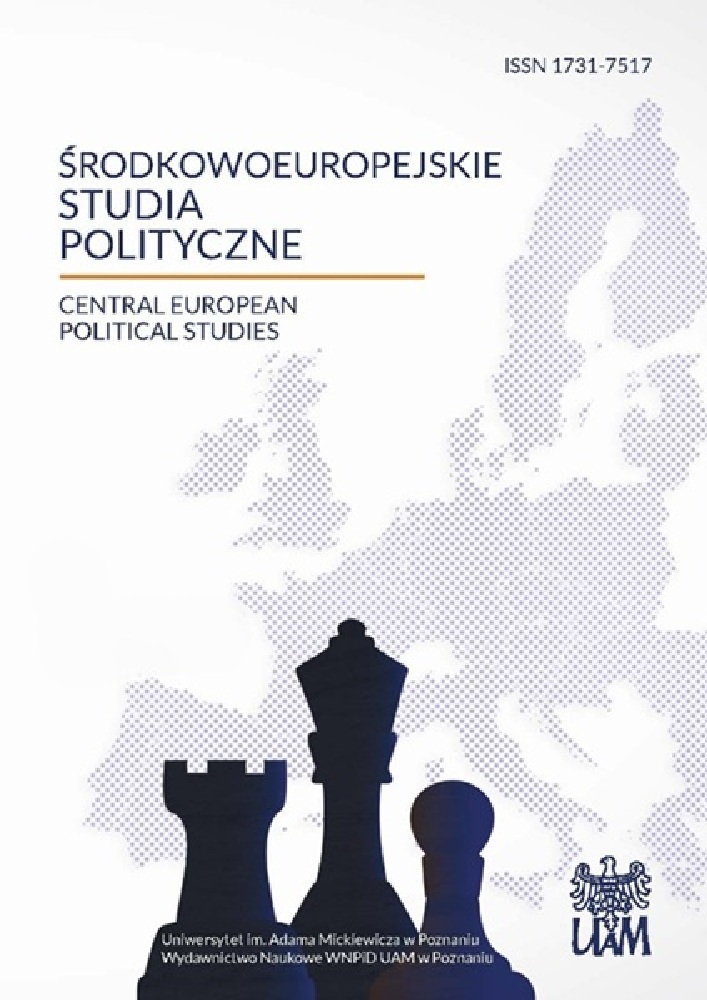Abstrakt
For centuries the dialogue between the Catholic and Orthodox churches has been marked by disputes and conflicts. It was impossible, and still remains troublesome, to clearly identify the reasons for this. Some tend to blame the Vatican for its excessively ‘obtrusive’ intention to establish its hierarchy in the East. Others tend to claim that it is the Russian Orthodox Church that has triggered conflicts in its pursuit to unify the Orthodox churches and ‘dethrone’ the Roman Catholic Church. The Catholic and Orthodox denominations have mainly been clashing in Central and Eastern Europe, where new factors generating conflicts are constantly emerging, whether religious or – more frequently – political (e.g. the historical conflict between Catholic Poland and Lithuania and Orthodox Russia; or the establishment of Catholic dioceses in the Russian Federation, which the Moscow Patriarchate considers to be the canonical territory of the Eastern Church). Sometimes it may even seem that the dissenting denominations do not even try to communicate. The pontificate of John Paul II was ecumenical, but it did not produce the results the Vatican would consider desirable with respect to the Orthodox Church. At present we can observe slow changes in the behavior of religious leaders – Benedict XVI and the Patriarchs of Moscow (Alexii II, followed by Cyril I). The authors of the paper present selected issues in Catholic-Orthodox dialogue during the pontificate of John Paul II and the present Pope – Benedict XVI, and they attempt to answer the question of what changes have recently taken place in the mutual relations of the two denominations, and whether the steps taken stand a chance of resulting in a permanent conciliation.
Licencja
Copyright
© 2010, Uniwersytet im. Adama Mickiewicza w Poznaniu, Wydawnictwo Naukowe Instytutu Nauk Politycznych i Dziennikarstwa
OPEN ACCESS
